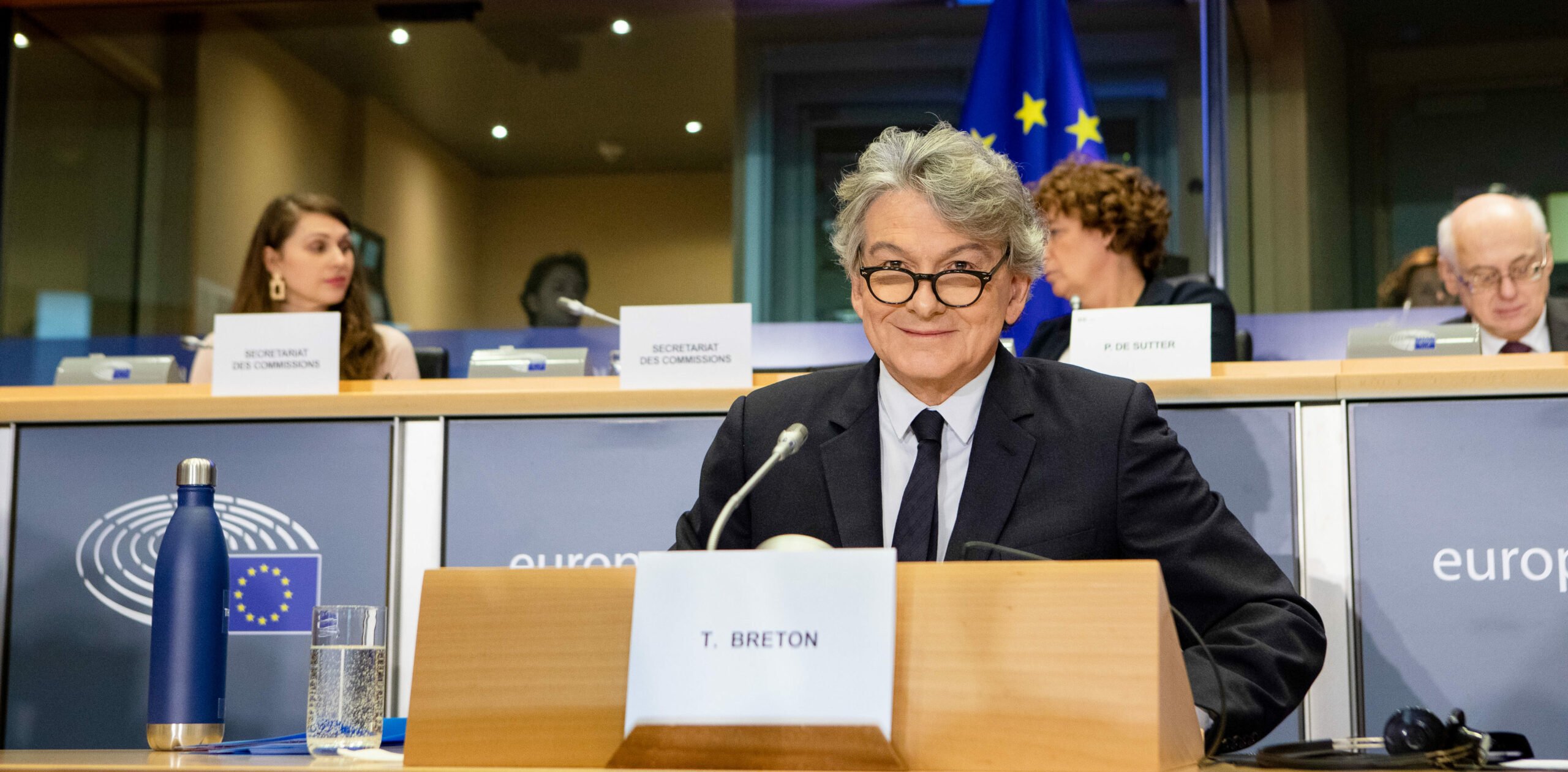(Editor's note: this is a guest post from Nicolas Brien, the CEO of lobbying organisation France Digitale.)
Past debates have shown that tech-friendly regulations do not necessarily mean “startup-friendly regulations”. Many senior policymakers in Brussels still believe that meeting with the PR teams of US tech giants in the afternoon, soon after chatting with a big European consultancy in the morning, makes for a sound approach to our challenges.
We firmly believe the opposite: the next phase of the Digital Single Market will have to be startup-centric.
There are no European giants among the top 20 Global Tech companies, and 99% of European companies are SMEs. Should the incoming Commission's ambition be to alter such proportions, startups will have to be at the core of Mr Breton's portfolio.
The story between the emergence of EU-based Global champions is as much about merging legacy players, as it is about scaling agile newcomers. Large American corporations invest six times more in AI startups than their European counterparts. The gap is tremendous and largely stems from a lack of tech M&A culture among our biggest industry giants.
The Silicon Valley momentum has undoubtedly built on strong go-to-market technologies, but many tend to forget how mergers and acquisitions are key to the digital transformation of the US economy. A necessary revamp of EU competition laws will have to generate this positive momentum of EU tech M&A and market consolidation.
(Market) Size matters, too. Some would say that under the DSM, EU companies have increasingly become “global from day one”. Reality probably lies in the fact that startups remain “transatlantic from day one”, instead of scaling in their domestic European markets. At the Startup Olympics Games, US teams run 100m straight, while EU teams run 110m with 27 regulatory hurdles. The Digital Single Market had been labelled a top priority under the Juncker Commission; will Mr. Breton go one step further and finally issue the long-awaited, unified and harmonized frameworks on blockchain and AI that our startups require to gain global momentum?
Startups are not (only) about navigating through regulations and raising funds; they are about gaining access to markets and soundly increasing revenues. The largest public procurers in Europe are the Ministries of Defence. As Mr. Breton ambitions to foster a defence industry, a scathing truth should be recalled: defence ecosystems around the globe are startup ecosystems. In Tel Aviv, high-level officials often joke: "European policymakers are naive: they think that startups are created with three people in a garage. We Israeli policymakers are reasonable: we know for sure that startups are created with three people in a garage... at the Ministry of Defence!"
Looking across the globe, from China to Israel, from Russia to the US, Innovation and Defence ecosystems have been intertwined. Many great tech successes have stemmed from defence-related technology startups - except in Europe. As defence procurement is still very much restricted, few Palantirs are to be seen in the European tech scene. I
nstead of dreaming about new Airbus-style conglomerates, shouldn’t we start with a bottom-up approach, by opening up more public procurement to SMEs and startups ?
Europe is a normative superpower. Under Jean-Claude Juncker's tenure, an array of extraterritorial regulations were passed through Parliament and widely supported by EU opinions. GDPR is one of these. It set up very high privacy standards and is an interesting example for everyone who believes that creating a level playing field can come along with echoing our core European values.
We do believe that providing smart regulatory frameworks may help our startups to scale on the continent. Over the next five year, platform jobs will require a “social GDPR” type of regulation. Health Data could be unlocked to generate positive impact and save millions. A true Union of Venture Capital could be achieved if EIF and EIB nudge their investment doctrine towards fostering more transnational VC funds.
These are major priorities that Commissioner-designate Breton could address… should he pass the “startup test”.



Would you like to write the first comment?
Login to post comments